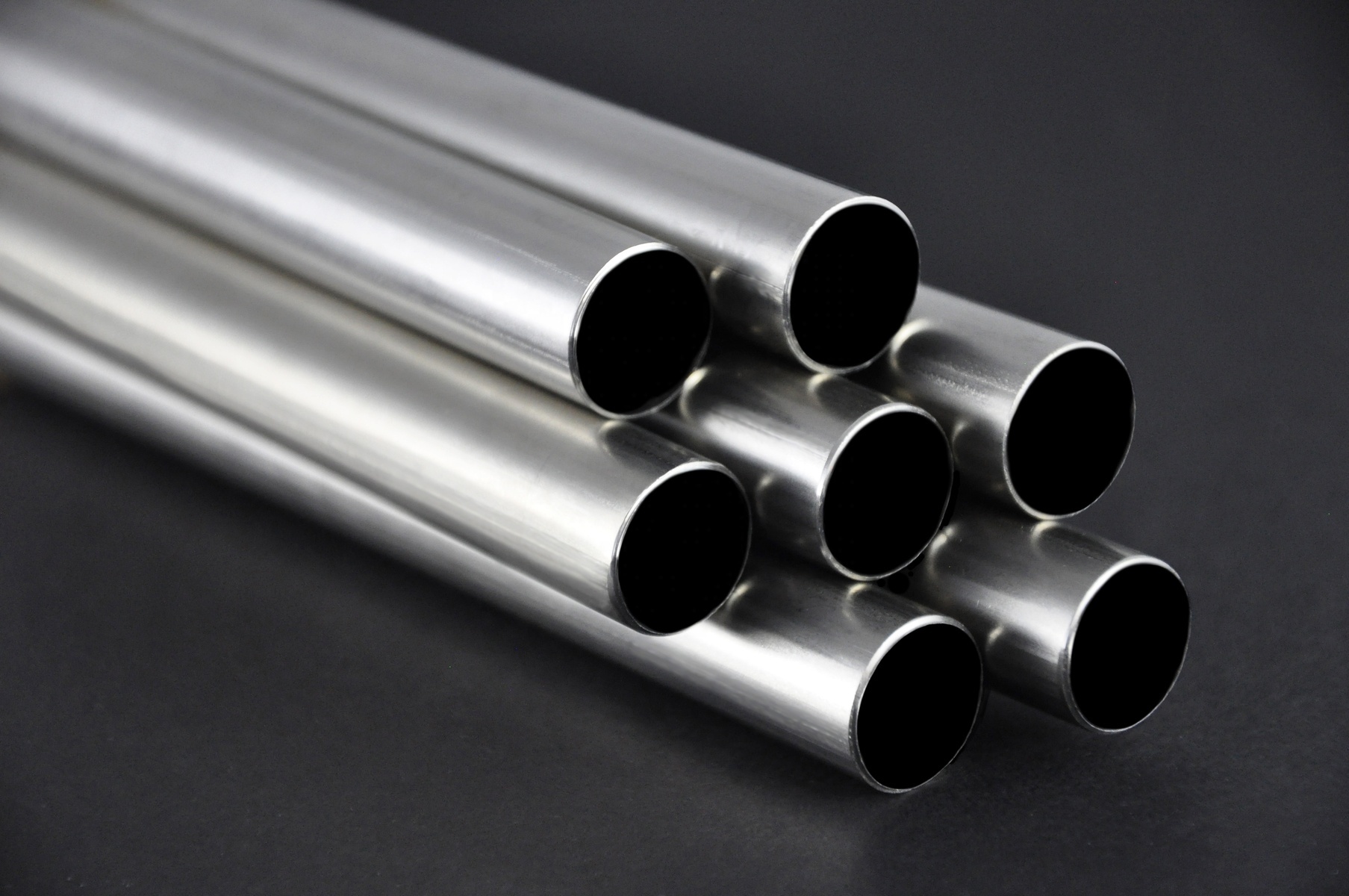High-Quality SS Seamless Pipes: Benefits & Applications

Stainless steel (SS) seamless pipes are vital components in many industrial and commercial applications. Renowned for their strength, corrosion resistance, and versatility, these pipes have become a preferred choice across industries. Unlike welded pipes, seamless pipes are manufactured without any joints or seams, ensuring uniform strength and integrity.
This article explores the properties, advantages, manufacturing process, applications, and reasons for choosing SS seamless pipes over other options.
What Are SS Seamless Pipes?
SS seamless pipes are cylindrical tubes made from stainless steel without any welded joints. Their seamless nature provides exceptional strength and durability, making them suitable for high-pressure and high-temperature applications. These pipes are manufactured using a hot or cold extrusion process, ensuring uniformity in thickness and smooth internal and external surfaces.
Key Features:
- Material: Stainless steel grades such as 304, 316, and 321.
- Sizes: Available in a range of diameters and thicknesses.
- Durability: Resistant to corrosion, oxidation, and wear.
Manufacturing Process
The production of SS seamless pipes involves several critical steps to ensure quality and consistency.
- Selection of Raw Material: Stainless steel billets or bars are chosen based on the desired grade.
- Heating: The billets are heated to a temperature that allows molding.
- Piercing: The heated billets are pierced to create a hollow tube.
- Extrusion: The hollow tube is stretched and extruded to achieve the desired diameter and thickness.
- Cold Drawing: In this optional step, the pipes are further refined to meet specific dimensional and surface requirements.
- Heat Treatment: Pipes undergo heat treatment to enhance mechanical properties.
- Inspection: Non-destructive testing ensures that pipes meet industry standards.
Advantages of SS Seamless Pipes
1. Superior Strength:
Seamless pipes have no weld joints, eliminating weak points. This makes them capable of withstanding high pressure and temperature.
2. Enhanced Corrosion Resistance:
Stainless steel is inherently resistant to rust and corrosion, even in harsh environments.
3. Uniform Structure:
The seamless design ensures a uniform structure and consistency in material properties.
4. Versatility:
These pipes are compatible with various environments, including chemical, marine, and industrial applications.
5. Reduced Maintenance:
Due to their durability and resistance to external factors, these pipes require minimal maintenance, saving costs in the long run.
Applications of SS Seamless Pipes
SS seamless pipes are widely used across industries due to their reliability and adaptability.
1. Oil and Gas Industry:
These pipes are used for transporting crude oil, natural gas, and other fluids under high pressure and extreme temperatures.
2. Chemical Processing:
Stainless steel’s resistance to chemical corrosion makes these pipes suitable for carrying acids, alkalis, and other chemicals.
3. Power Plants:
SS seamless pipes are used in boilers, heat exchangers, and superheaters in power plants.
4. Automotive Industry:
Their lightweight and durability make them ideal for exhaust systems and other high-performance automotive components.
5. Construction and Infrastructure:
Seamless pipes are used in structural applications due to their strength and longevity.
6. Water Treatment Plants:
These pipes transport water and other fluids, ensuring no contamination due to their corrosion-resistant properties.
Types of Stainless Steel Used
- 304 Stainless Steel: Versatile and affordable, suitable for most general-purpose applications.
- 316 Stainless Steel: Contains molybdenum, offering superior corrosion resistance, especially in marine environments.
- 321 Stainless Steel: Includes titanium for enhanced stability in high-temperature conditions.
How to Choose the Right SS Seamless Pipe?
When selecting an SS seamless pipe, consider the following factors:
- Application Requirements: Determine the pressure, temperature, and chemical exposure the pipe will endure.
- Grade of Stainless Steel: Choose the grade based on the environmental and operational demands.
- Size and Thickness: Ensure the dimensions align with the intended application.
- Compliance Standards: Verify that the pipes meet relevant industry certifications.
Maintenance Tips for SS Seamless Pipes
- Regular Cleaning: Use appropriate cleaning agents to remove dirt and prevent corrosion.
- Inspection: Periodically inspect for signs of wear or damage.
- Avoid Harsh Chemicals: Limit exposure to chemicals that may compromise the integrity of the material.
- Protective Coating: Apply coatings in extreme environments for additional protection.
Why Choose SS Seamless Pipes?
SS seamless pipes stand out for their unmatched combination of strength, durability, and corrosion resistance. Industries that demand precision, reliability, and longevity prefer these pipes for their critical operations. Their seamless design not only ensures better performance but also reduces the likelihood of leaks or failures, making them a cost-effective and safe choice.
Conclusion
SS seamless pipes are indispensable in modern engineering and industrial applications. With their seamless construction, exceptional properties, and wide range of applications, they remain a top choice for many sectors. Choosing the right grade and maintaining them properly can ensure optimal performance for years to come.
If you're looking for high-quality SS seamless pipes for your project, consider partnering with trusted suppliers who adhere to industry standards and deliver premium products.
Most Popular
- Methylcobalamin B12 Injections: Boosting Energy and Health
- Born X Raised: Redefining Streetwear with Authentic Style
- Revolutionizing Indian Education: A Closer Look at Modern Universities and Their Role in Shaping Future Leaders
- The Impact Of Social Media Marketing For E-Commerce Growth
- Why Businesses Consider SMD LED Screen Display for Advertising?
- Securing Aquarium During Home Shifting with top Packers and Movers in Vadodara



0 Comments
No Comments Found
LEAVE A REPLY
Your email address will not be published